Personal Finance
I Almost Retired to Hawaii, but These 10 Factors Scared Me Off
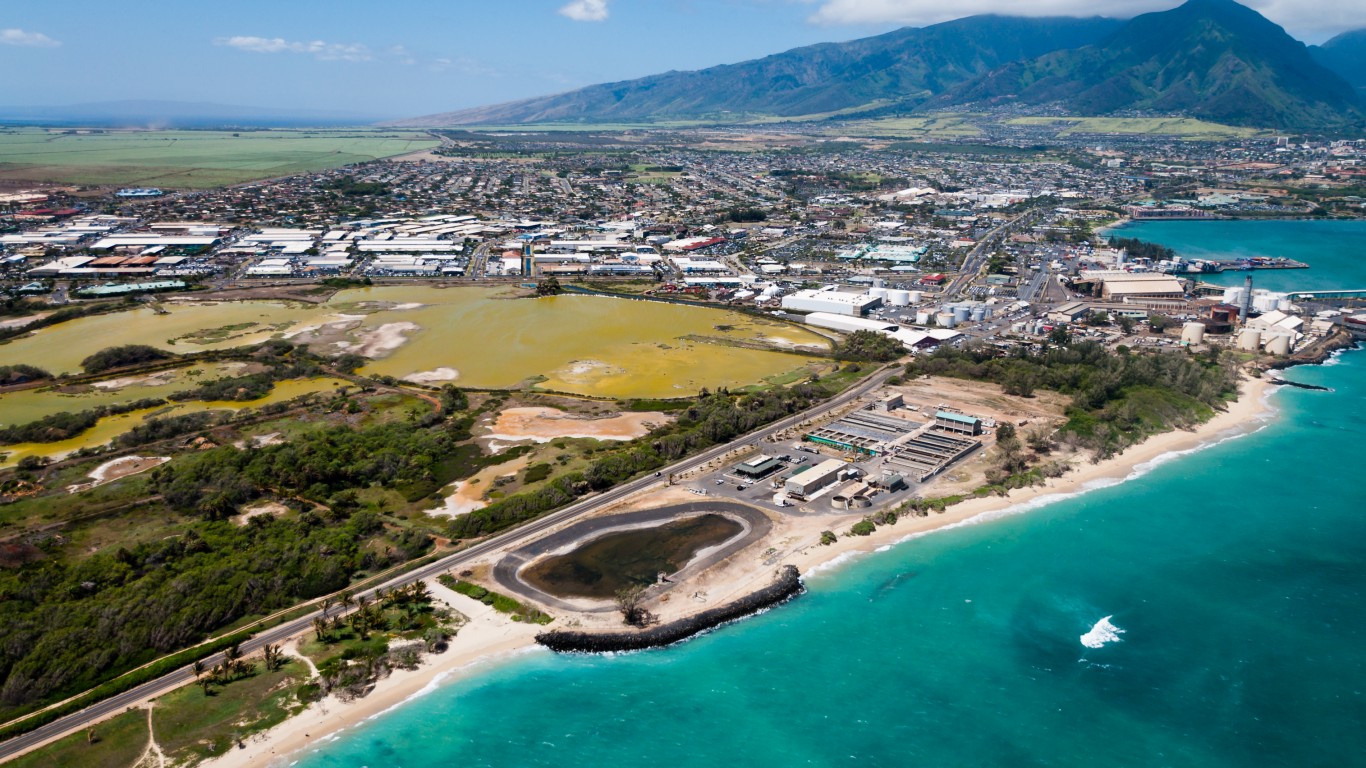
Published:

While the idea of retiring in a beautiful paradise like Hawaii might sound great on paper and in pictures, you have to think through what a move like this would mean. On the positive side, you would get beautiful weather and a postcard view every time you wake up.
Hawaii is a tropical paradise with palm trees and views for miles.
The challenge with living in Hawaii is that everything is expensive to import.
This makes life on the island very tough as all of your costs as a retiree will go up.
4 million Americans are set to retire this year. If you want to join them, click here now to see if you’re behind, or ahead. It only takes a minute. (Sponsor)
However, if it sounds like a dream with year-round sunshine, there is far more to consider than just what you see on the surface. Unsurprisingly, one of the biggest reasons to consider is how costly it would be to live and retire in Hawaii.

You might have been a tourist to Hawaii multiple times, so you fell in love with the island and want to retire there. However, it’s an entirely different outlook when you move there and become part of the local culture.
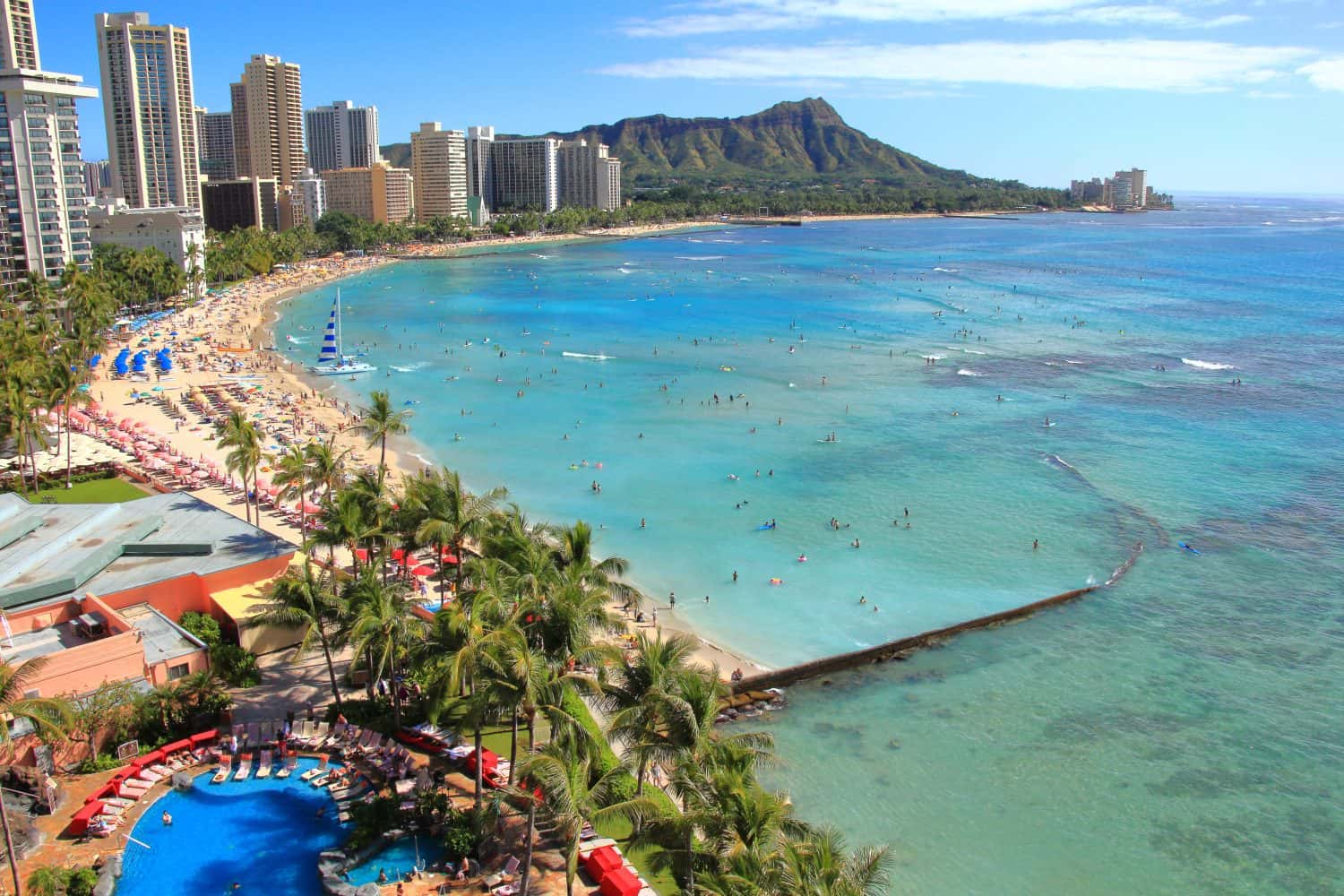
During the summer and winter months, when Hawaii tourism is at its peak, you must be ready to navigate busy areas or avoid them completely. This can be frustrating, as you may have to avoid going out to dinner, but it’s also one of the pitfalls of living in such a popular tourist destination.
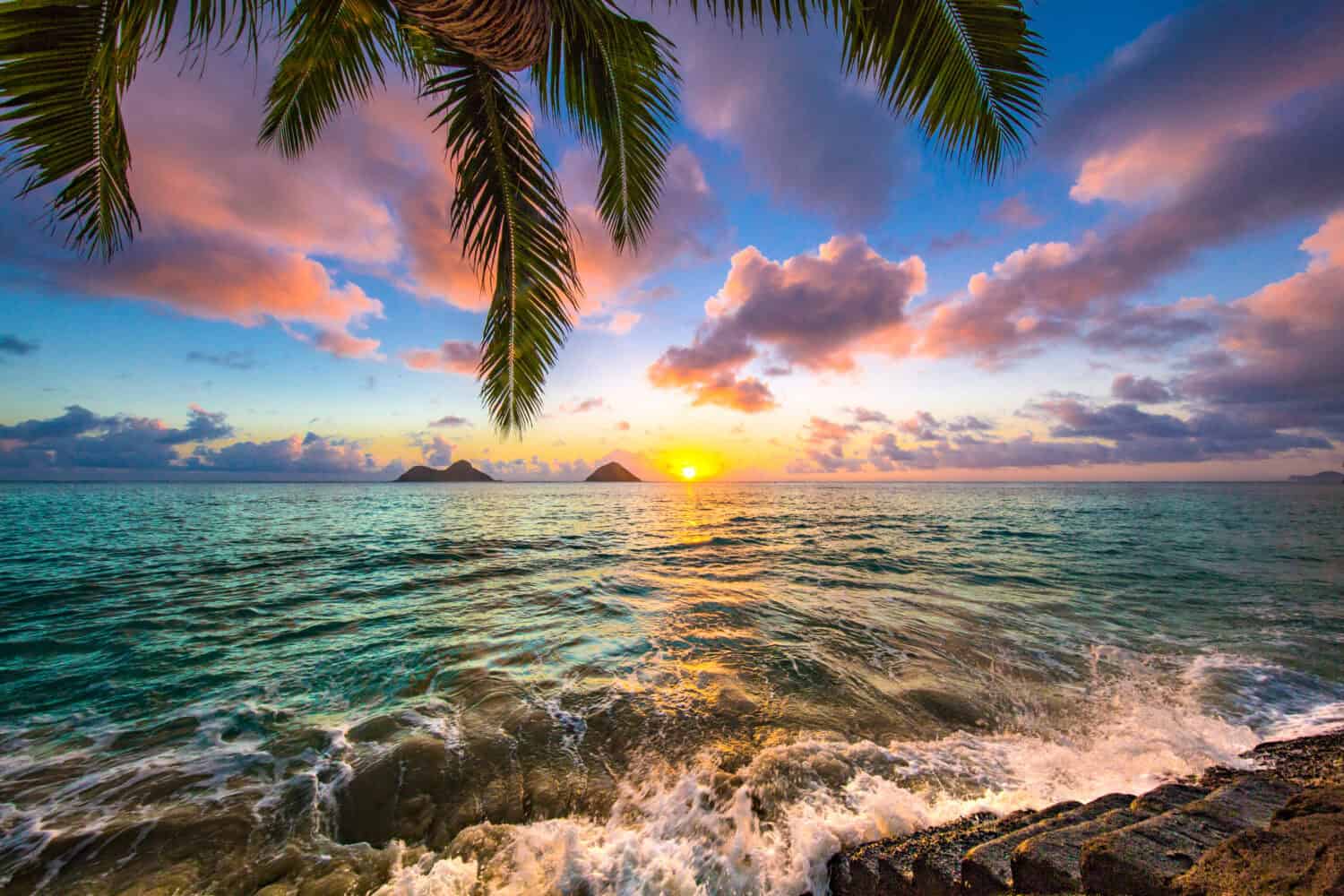
It’s been well documented that “mainlanders” coming to Hawaii are often met with significant culture shock. There are many bottled-up political concerns over how the United States “acquired” Hawaii, which results in feeling awkward as you learn to navigate Hawaiian culture.

If you are set about making Hawaii your retirement home, you must learn to respect the local culture and people. This means not referring to yourself as “Hawaiian” and learning about the islands’ history so you understand why some residents born and raised there are so protective.
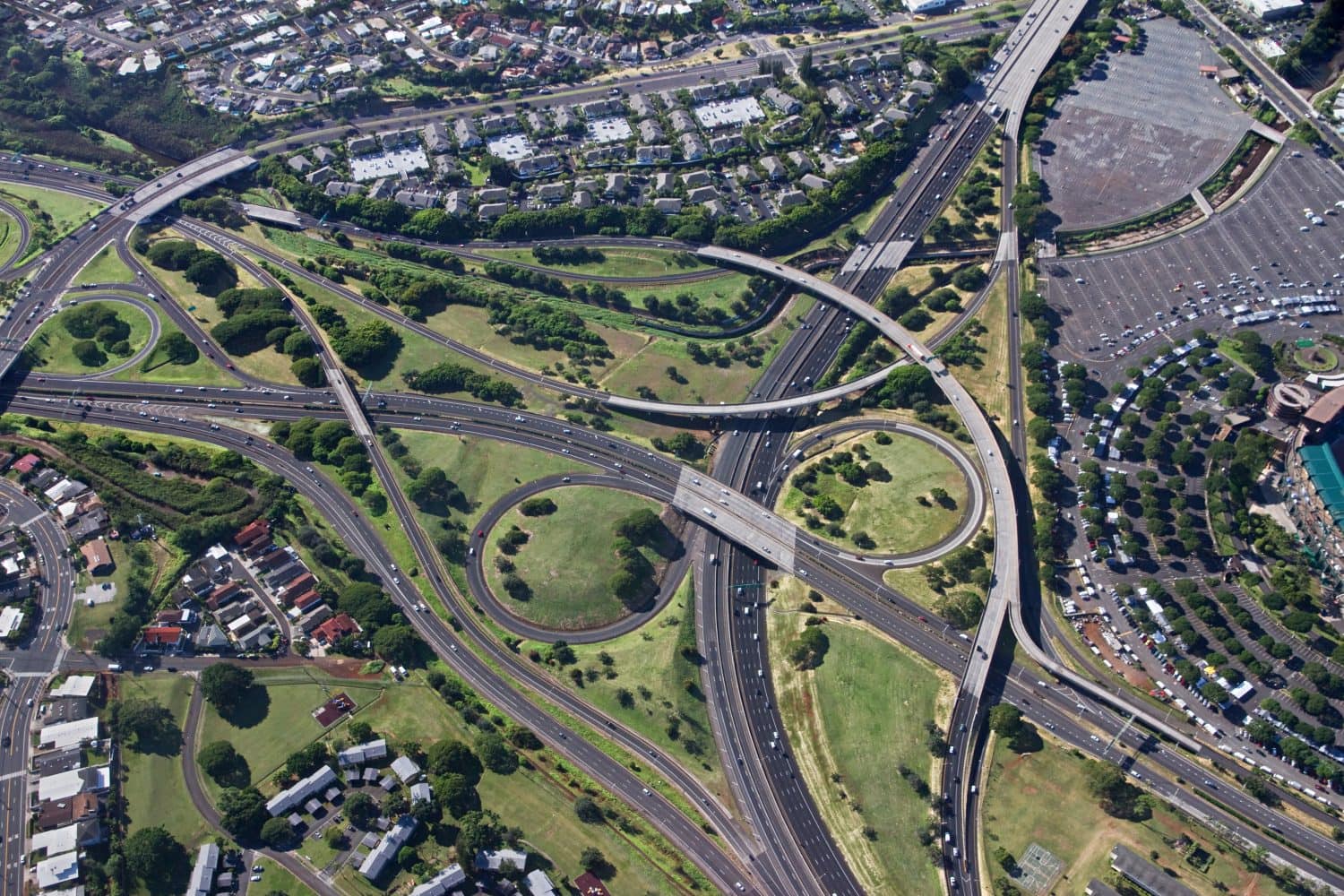
If you’re looking for an easy life during retirement, living in Hawaii might pose more of a headache traffic-wise than you want to deal with regularly. According to KHON 2, a local news affiliate in Hawaii, Oahu is one of the worst areas in the country to drive.
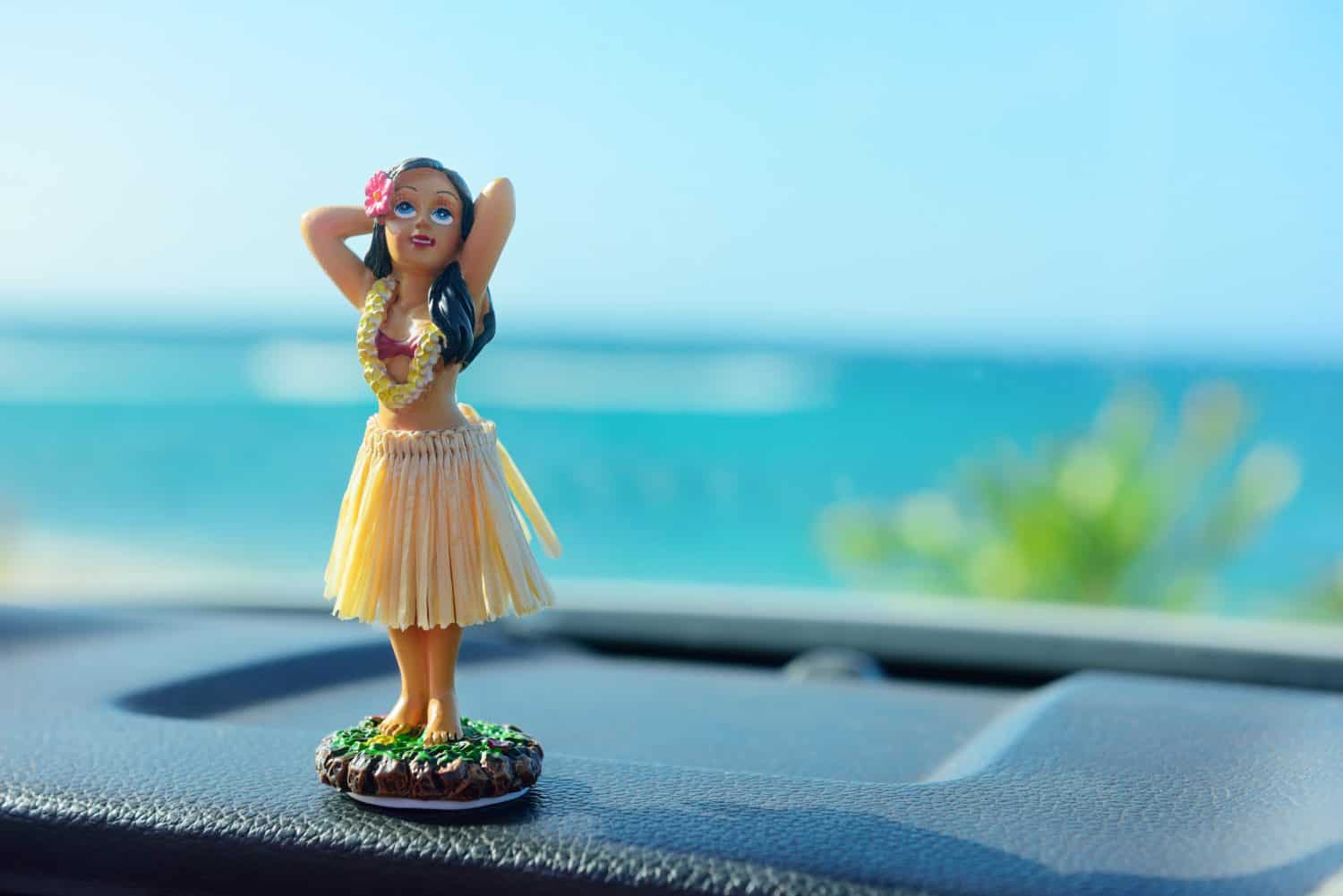
The workaround for navigating heavy traffic is to leave earlier to get where you want to go on time. However, this is going to get annoying quickly. If you are trying to live an easy life and don’t want to navigate traffic all day, every day, skip Hawaii.
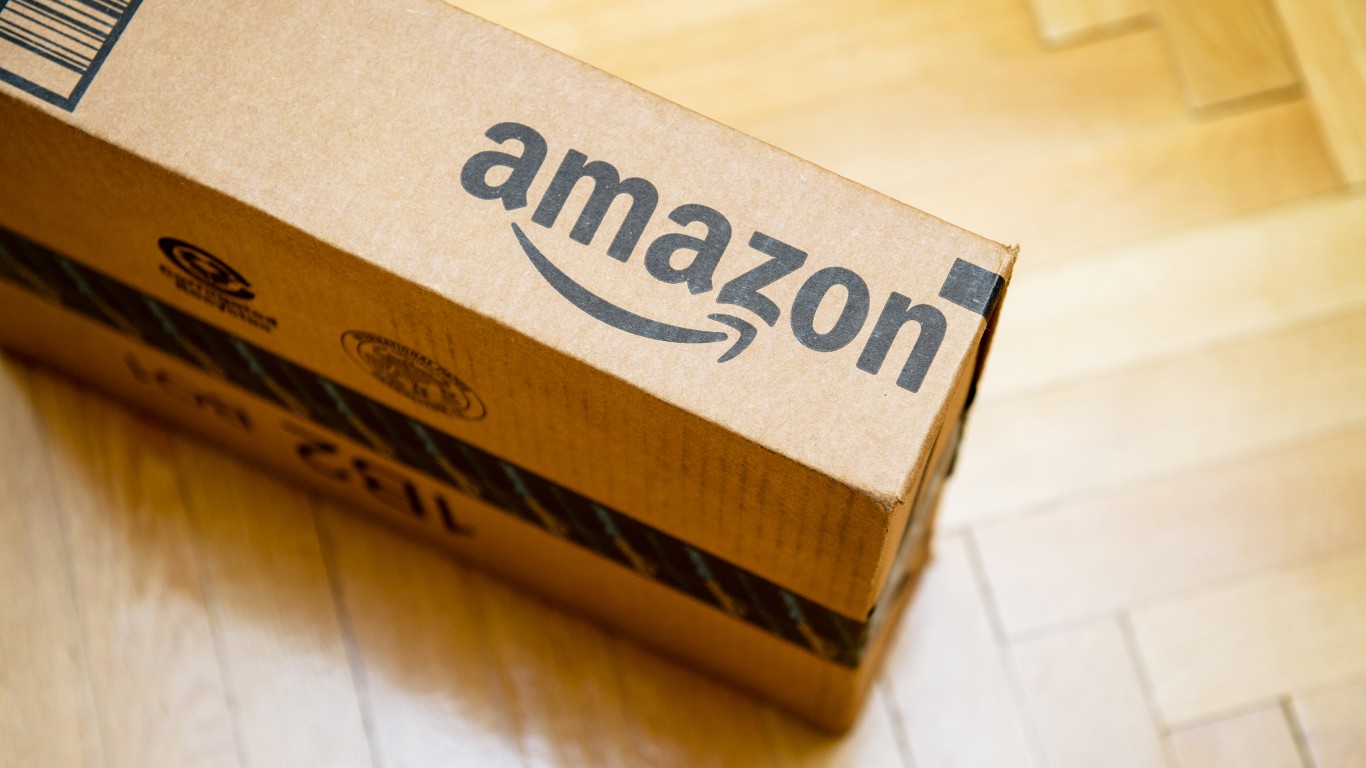
Yet another consideration of the disappointment of living in Hawaii is around lengthy shipping times. For example, any Amazon order could take longer than the average two-day shipping you might be used to. It’s a problem you can overcome but also an annoyance.
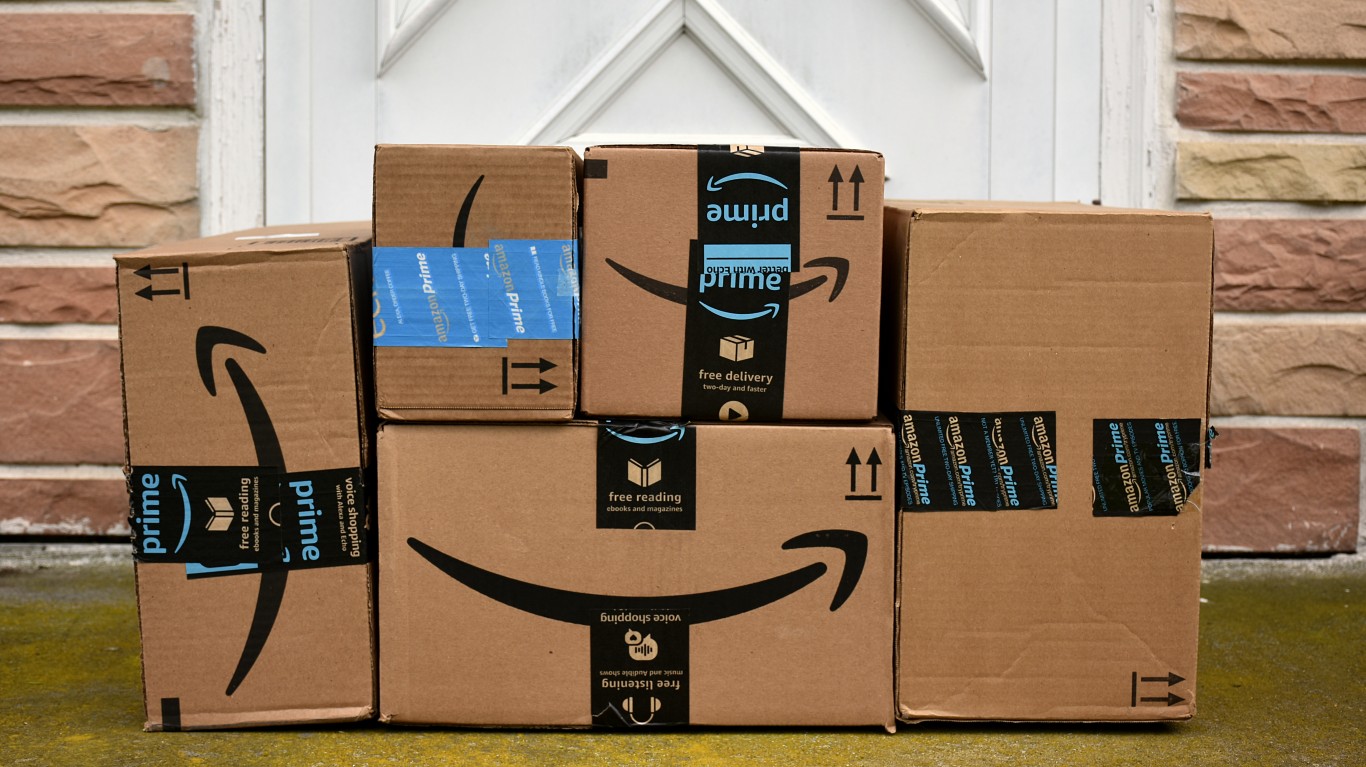
Is having to wait 5-7 days for an Amazon or other retailer package to arrive a complete deal-breaker? Of course not. It’s something you can learn to live with and plan for. However, you can also avoid it by not living in Hawaii.
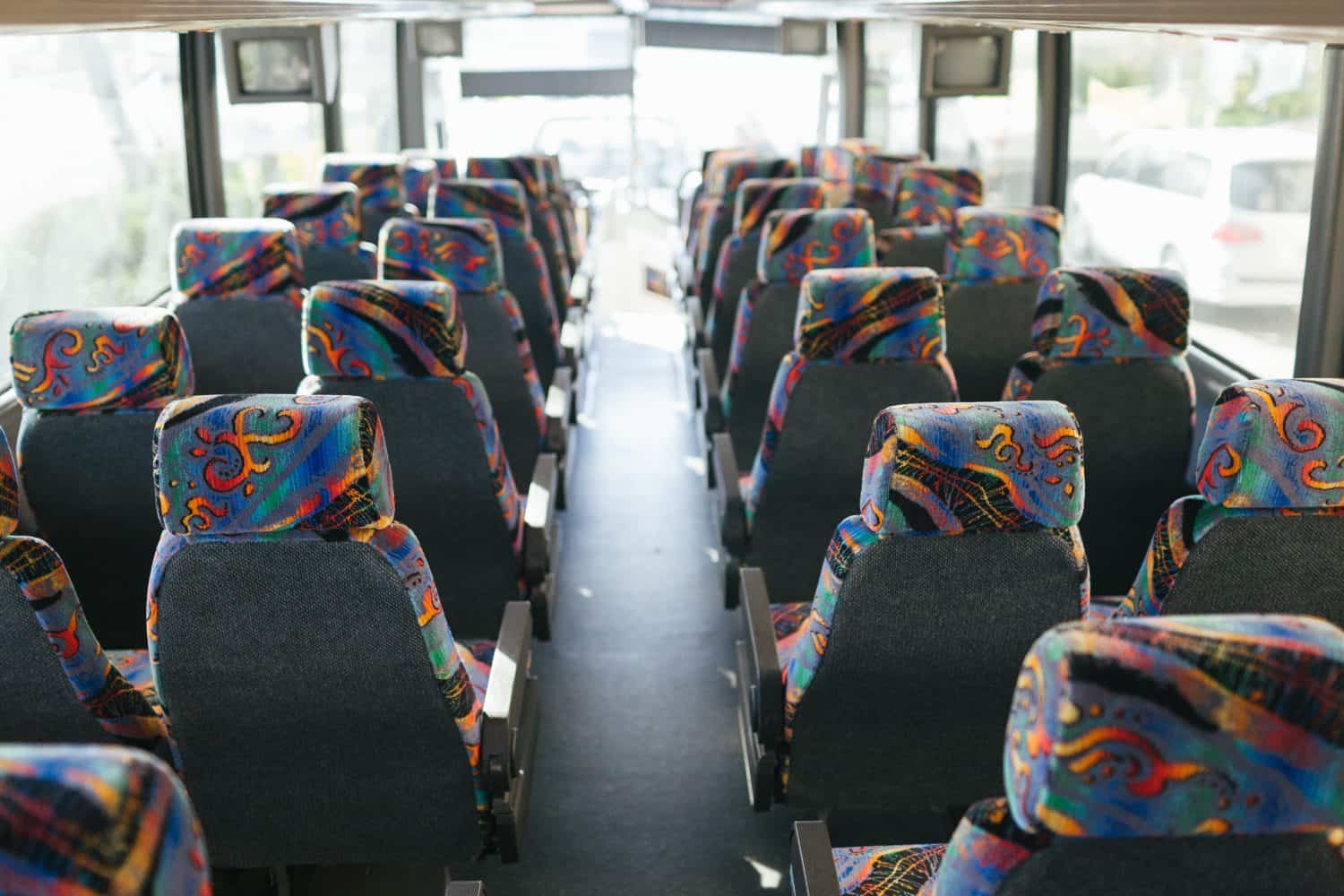
This may not be much of a concern for many retirees. Still, Hawaii is the opposite if they are used to living in a big city like New York, Chicago, or Los Angeles, where public transportation is readily available. Oahu has some public transportation available, but it’s not as built out elsewhere.
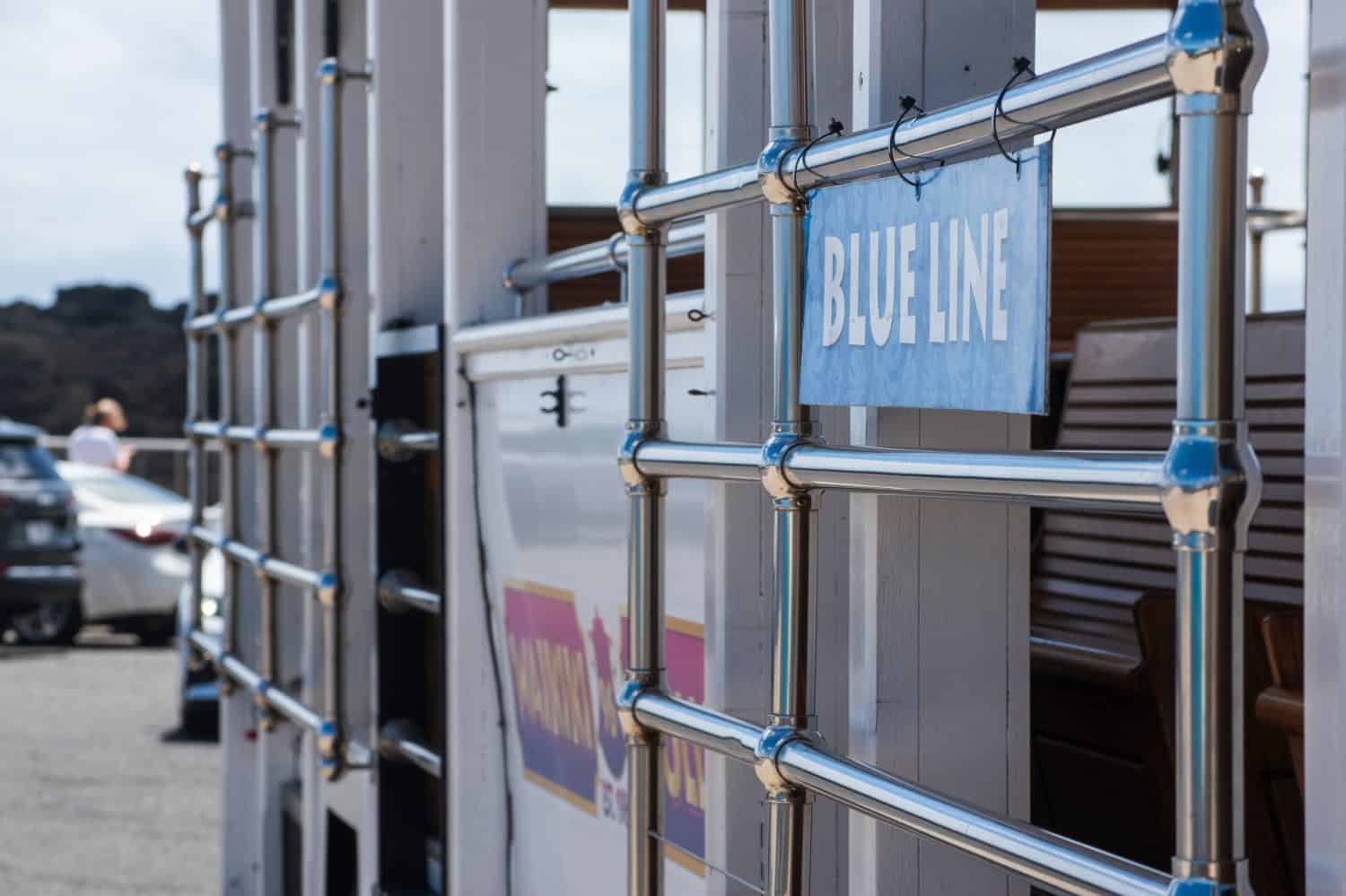
Ultimately, this means you must have a reliable car on the island, preferably something that can navigate all kinds of roads unless you are dead set on living on Oahu. The bottom line is that a vehicle may not have been part of your retirement plan, which means more expenses, as gas is much more expensive in Hawaii.
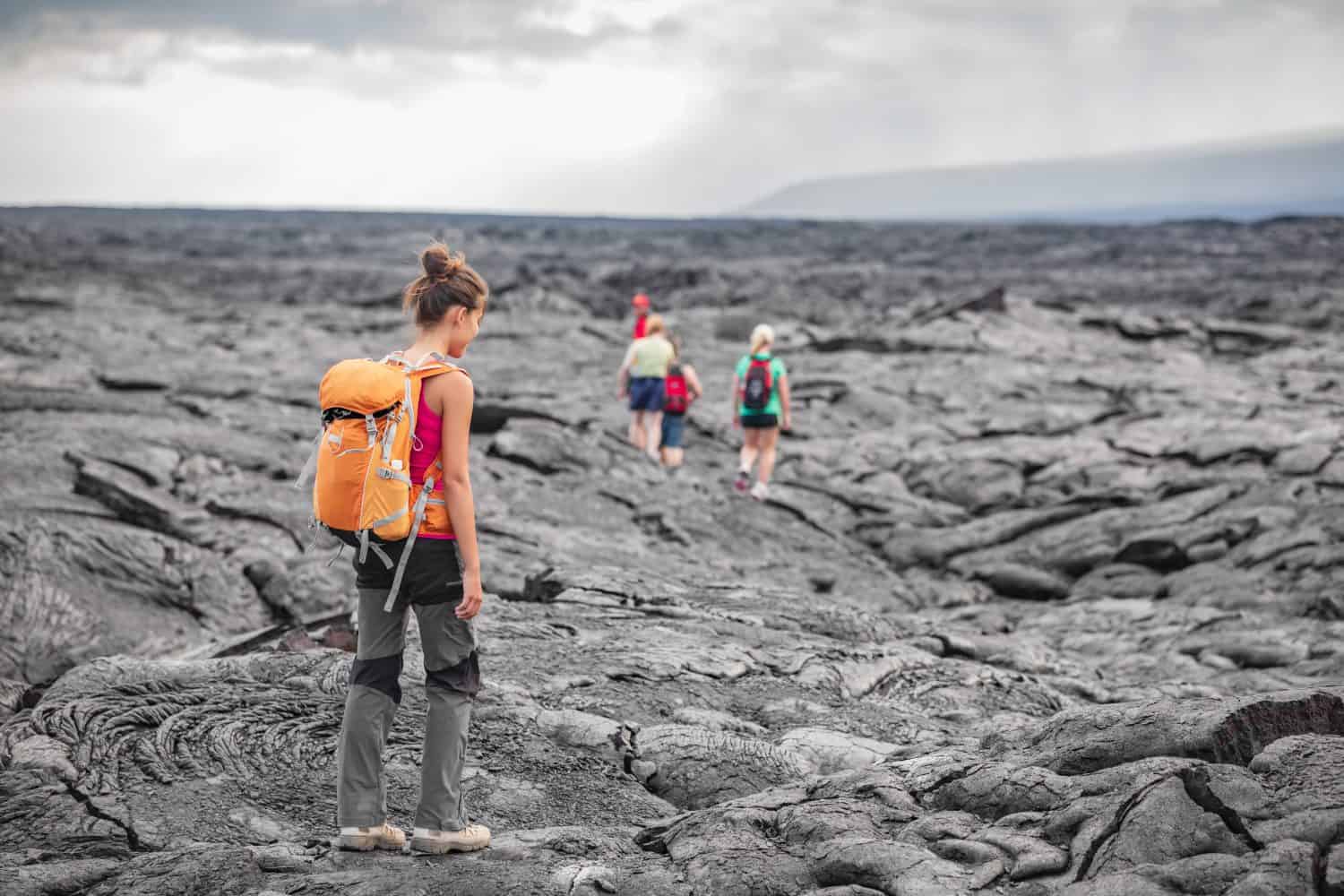
If you are ever a retiree or Hawaiian visitor, the hope is that you never have to experience any natural disaster. However, Hawaiian residents know hurricanes, volcanic eruptions, and earthquakes are serious. The last quake was almost one year ago, on February 9, 2024, and the last eruption was also in 2024, so these are real concerns.
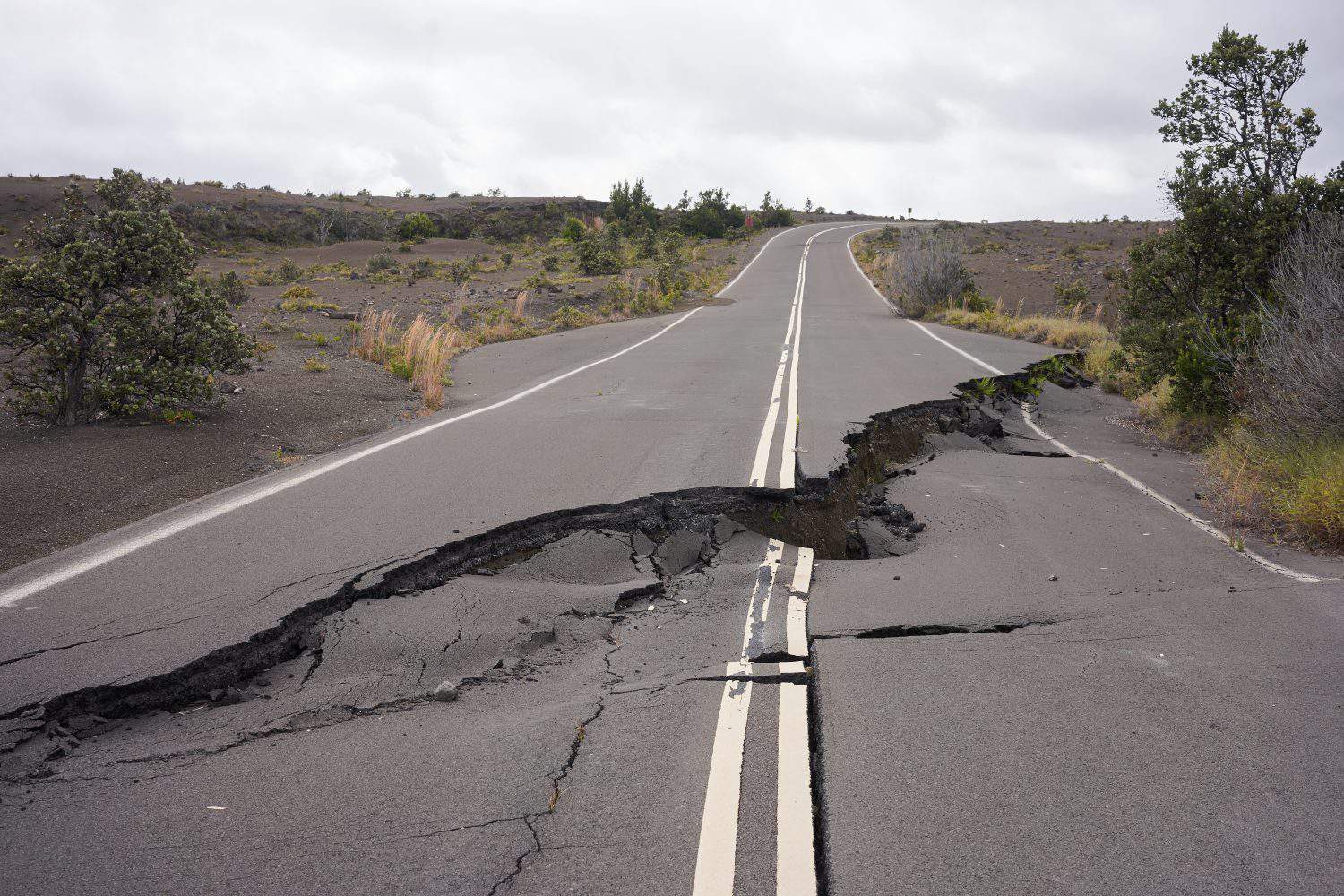
If you want to live in Hawaii, natural disasters are a part of life. It’s also one of the reasons that homeowners insurance is so costly. The bottom line is that if you fear any natural disaster, you should skip out on this retirement experience altogether. Can you imagine waking up to lava damage?
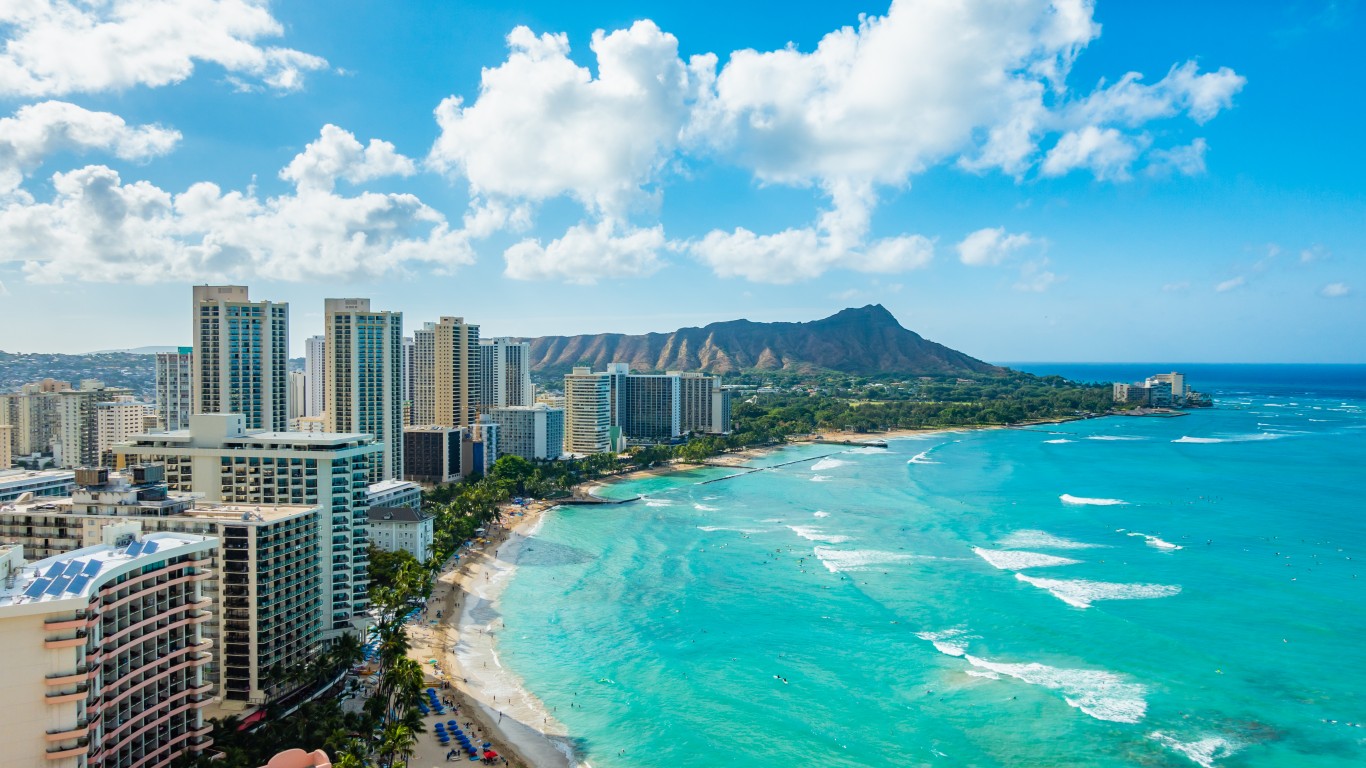
If you retire anywhere in the United States, you can wake up one morning and decide to travel or drive to another state. Even if you never do this, knowing you can is enough to make you feel like you have made the right living decision. However, when you live in Hawaii, it’s just Hawaii you can visit without careful planning back to the mainland.
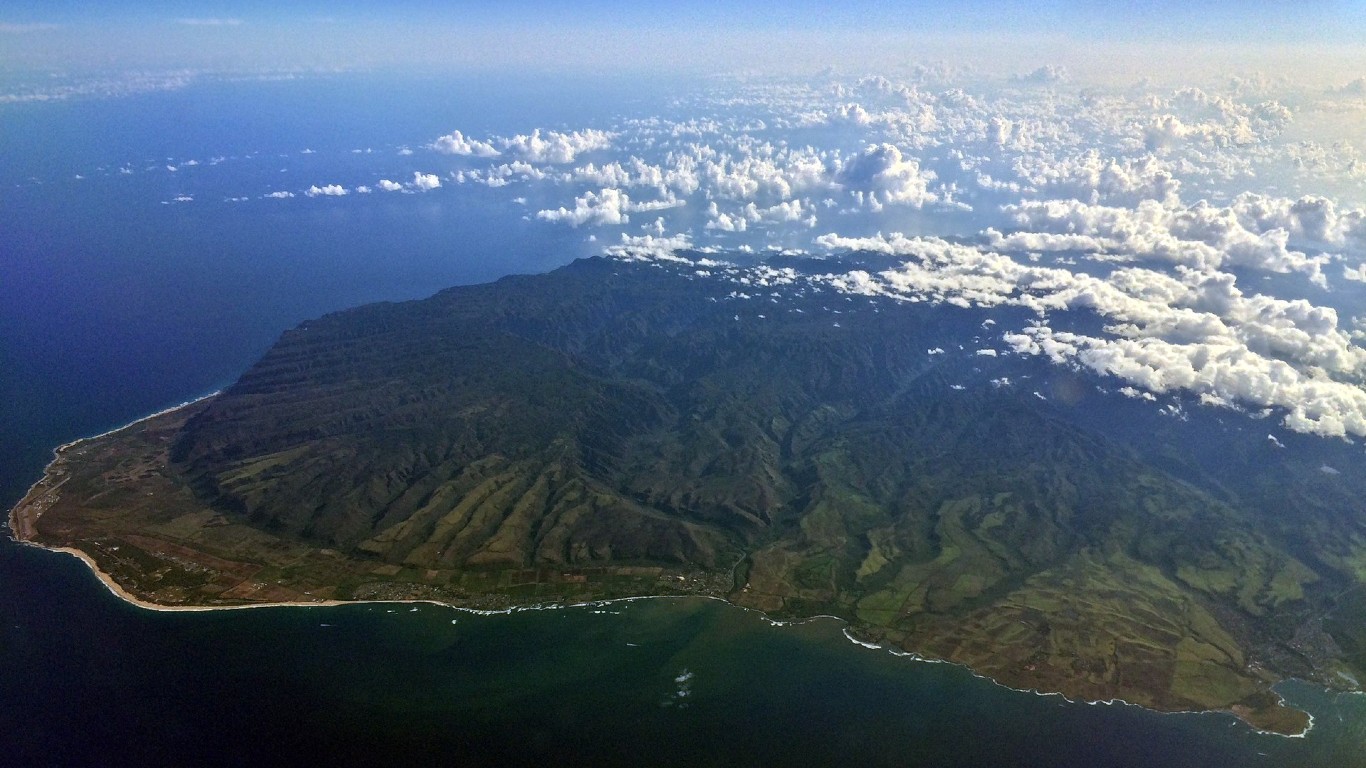
Unfortunately, if you choose to live in Hawaii and your family is in the continental US, you might quickly learn to regret this decision. As a retiree, you have the luxury of visiting family more regularly, and if you have grandchildren and want to watch them grow up, this is a reason to stop and think. The bottom line is to skip the emotional toll of being gone and instead live near family, wherever they may be.

This is disappointing, but living in Hawaii means you have a smaller pool of healthcare providers. This is especially true if you need to see a specialist. None of this is to say that living in Hawaii means poor healthcare, on the contrary, it just means you could have longer wait times or need to go to the mainland, which only ups your costs.

If you live in or near Honolulu on the “big island” or near Maui, there is a better chance that you have more doctors to choose from. In other words, limited healthcare will be an issue on these islands, no matter what. Still, you can minimize this by living near Oahu, which has some of Hawaii’s most comprehensive health facilities.
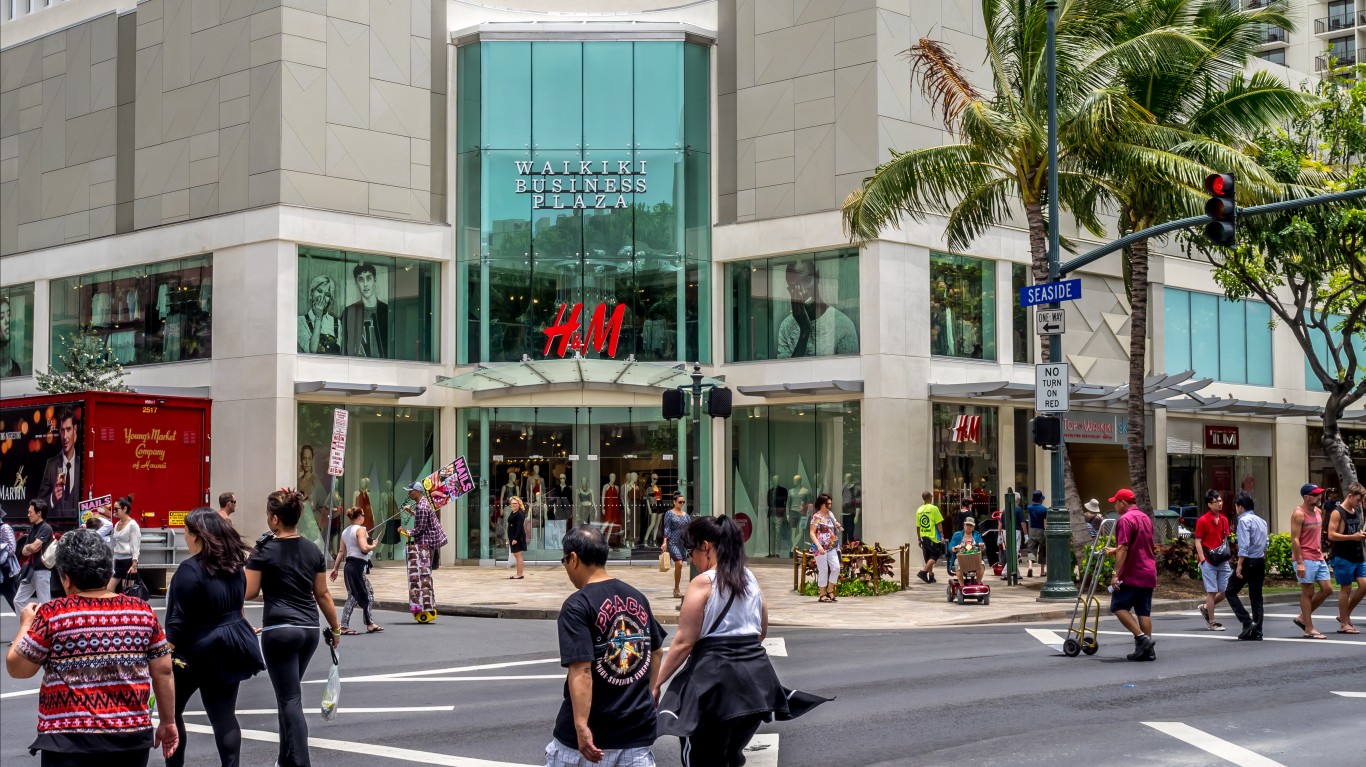
Along with housing, food and produce in Hawaii are costly. Even the Hawaiian government admits that 85-90% of the island’s food is imported, dramatically raising costs. Worse, one storm can massively disrupt supply deliveries, so you may be out of your favorite foods and drinks for weeks.
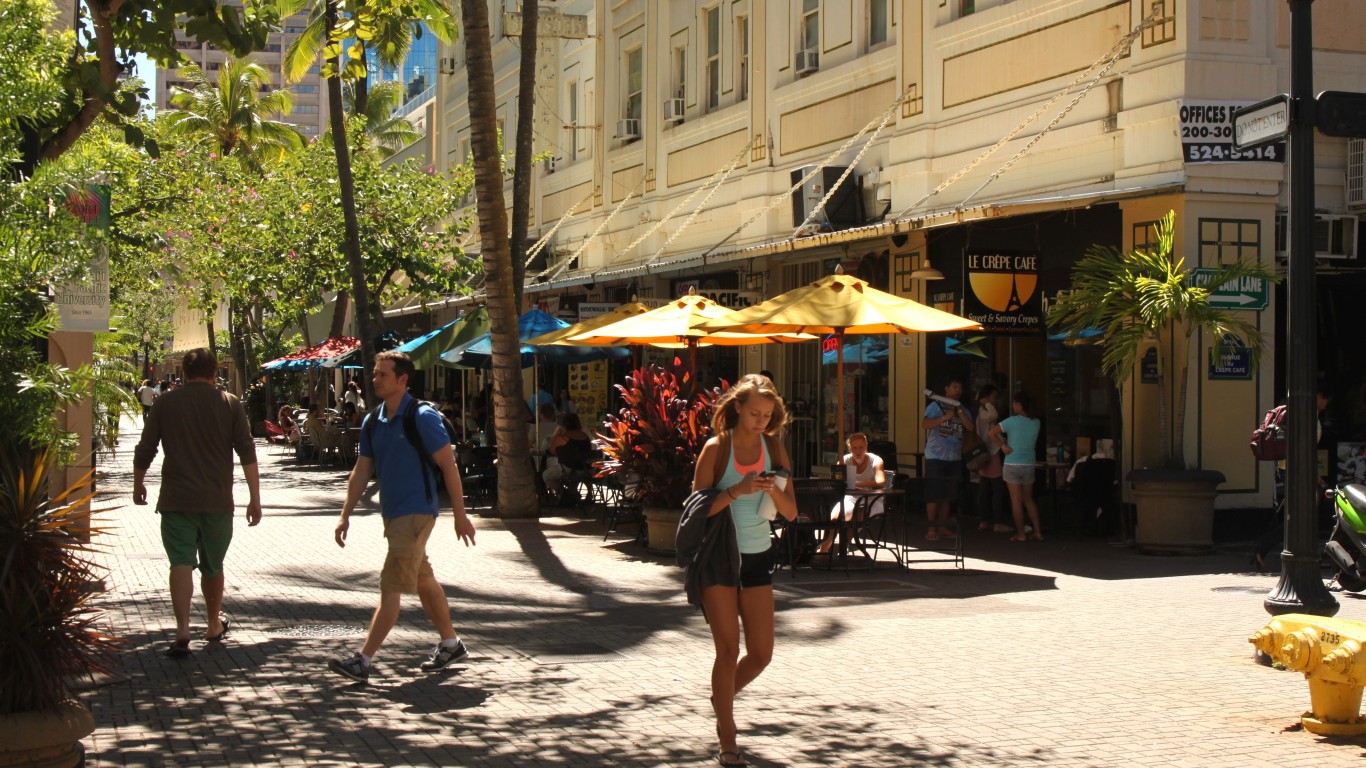
Ultimately, you have to weigh the cost of living in Hawaii versus the lifestyle you want to live. You can wear shorts and t-shirts year-round, but your grocery costs will increase quickly. This leads to whether you are okay with losing a lot of disposable income for your location.
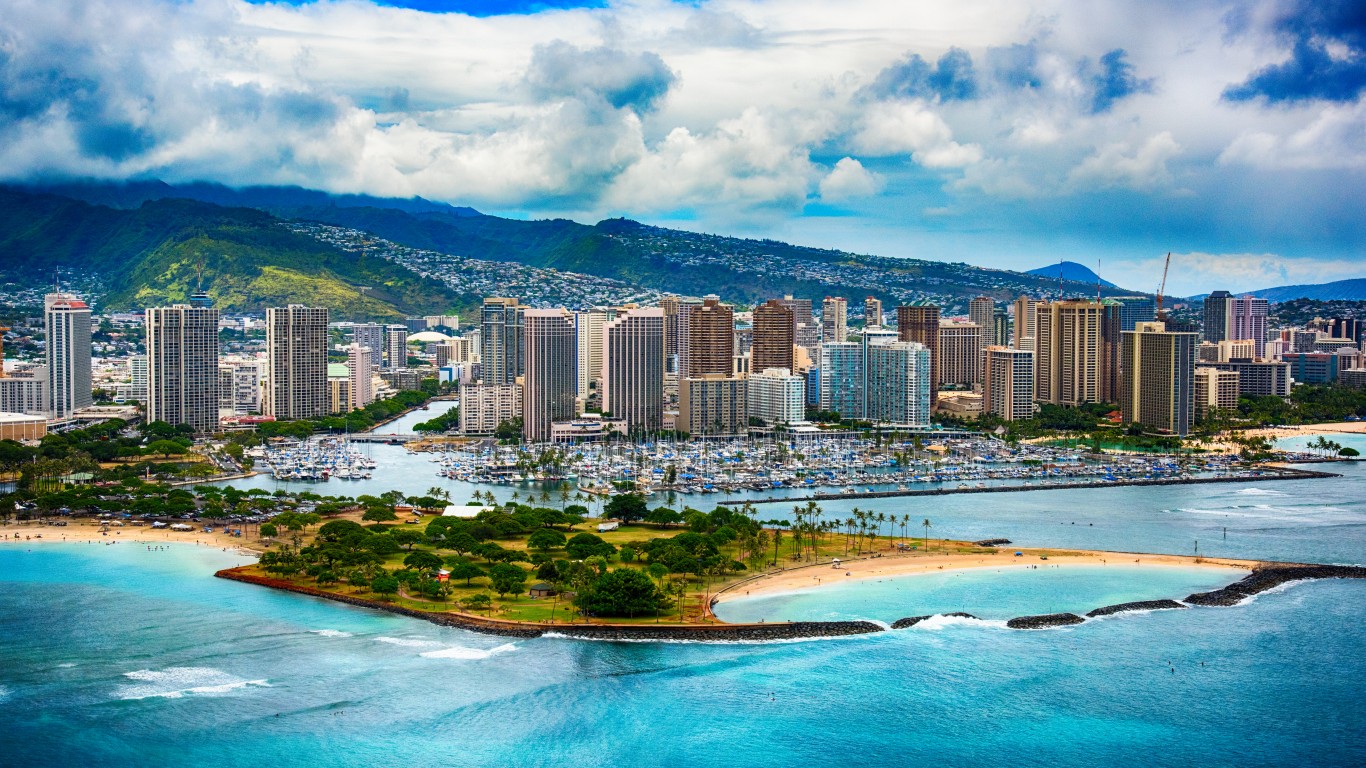
It won’t come as any surprise to learn that the number one reason to avoid retiring in Hawaii is how expensive it can be. In April 2024, Honolulu’s median single-family home price was over $1 million. This number gets smaller in Oahu, at almost half the price, but still, it’s one of the most expensive states in the U.S., which puts a strain on retirement savings and pensions.
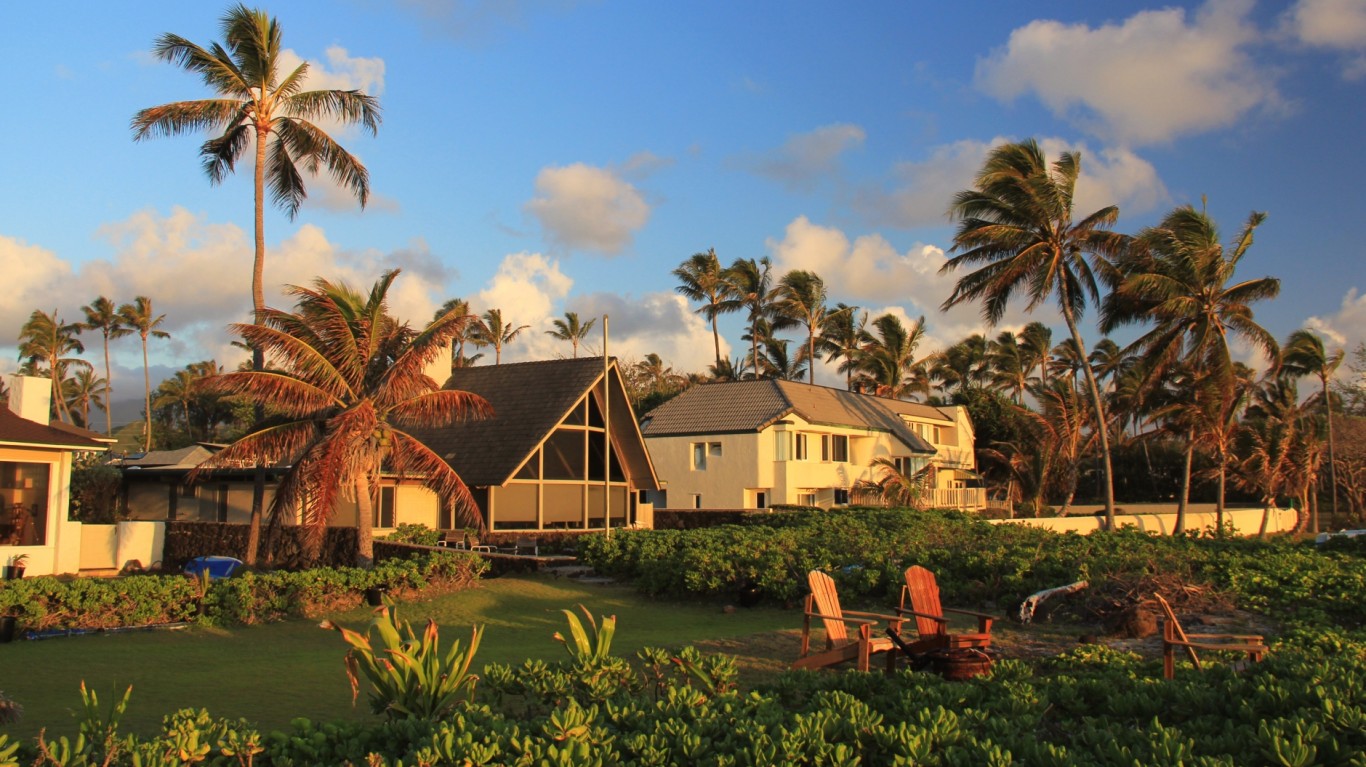
This is the main deal breaker when considering living and retiring in Hawaii. You can’t go somewhere you know will drain your savings and retirement accounts more than necessary. Ultimately, the financial strain will outweigh any benefits of living on a tropical island, especially since Hawaii is said to be 65% more expensive than the continental United States.
Retirement can be daunting, but it doesn’t need to be.
Imagine having an expert in your corner to help you with your financial goals. Someone to help you determine if you’re ahead, behind, or right on track. With SmartAsset, that’s not just a dream—it’s reality. This free tool connects you with pre-screened financial advisors who work in your best interests. It’s quick, it’s easy, so take the leap today and start planning smarter!
Don’t waste another minute; get started right here and help your retirement dreams become a retirement reality.
Thank you for reading! Have some feedback for us?
Contact the 24/7 Wall St. editorial team.